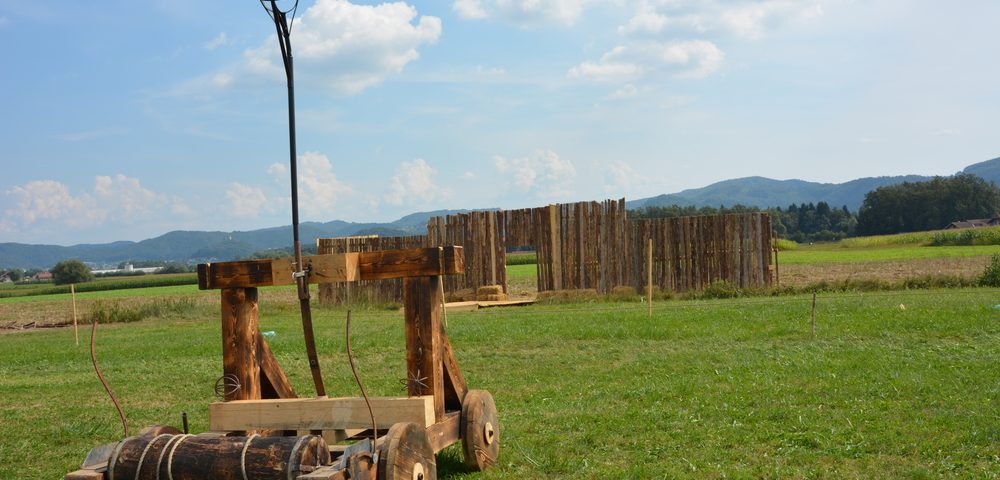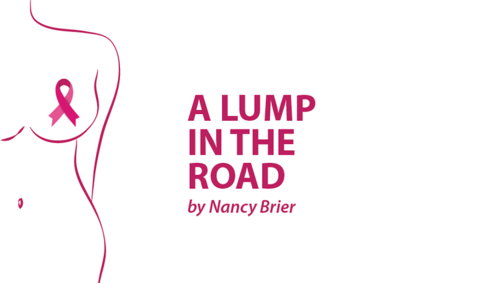I sat on a blanket, alone, in a field spotted with blue and yellow flowers.
Our rural community celebrates the end of the school year with an annual Renaissance Faire, a day when kids dress in medieval-era clothes, play old-fashioned games and shoot sacks of flour from an actual trebuchet.
If, like me, you need a refresher on what a trebuchet is, think life-size tortuous-looking sling-shot used to catapult ammunition. Kindergarteners, middle-schoolers, teachers, and parents line up for the chance to fling rotten fruit and sacks of grain at a castle made from hay bales, cheers erupting every time someone strikes a direct hit.
Our school has about 80 students ranging from kindergarten through eighth grade, and at the festival, each one takes a role in a Shakespeare play. By the time they graduate, these kids have an impressive command of the Bard’s work and parents get bragging rights. It’s a day I look forward to every year, especially when my daughter had the honor of playing Juliet and a boy in her class named Benjamin, one of her best friends, was coerced into playing Romeo.
After the performances and a gourmet barbecue lunch, I laid a blanket in the sun, sat down, and looked at people. Most were gathered in small groups in the shade, and even though they were only a hundred yards away, it seemed like a long way to walk.
Plus, it was too cold for me in the shade. My doctor had told me that temperature fluctuations might be hard, and she was right. I felt the change of just a few degrees one way or another, so I chose to sit in the sun. But it was lonely.
I know my friends didn’t realize that I felt excluded, that cancer had put me alone in an isolation chamber that started early in the New Year and stretched through an entire school season.
Feeling conspicuous in my weird wig and my being alone, I thought about how disease can isolate people.
I know that as diseases go, mine was relatively innocuous in that regard. Other than temporary hair loss and amputated body parts that can be replaced with silicon, breast cancer doesn’t have many outward physical manifestations. At one point, I did balloon up freakishly from steroids mixed in with chemo meds, but even that disfigurement was small potatoes compared to what other patients endure.
My uncle, a paraplegic born nearly a 100 years ago, was confined to his bed, fingers frozen in a claw-like position. He couldn’t move anything other than his arms and his head, and everything about his physical presence said “I’m different.”
A friend in my sewing class was born with severe disfigurements, a condition which prompted her to learn to make her own clothes. Although one leg was shorter than the other, her left shoulder swelled, and her hips were in the wrong spot, she dressed stylishly in expertly tailored outfits. After class, we always had lunch at an art museum in Kansas City, and once she remarked on how refreshing it was to have a normal conversation with other women. Her disease made it hard to develop friendships.
I experienced a taste of that issue during my journey with cancer. Some of my friends didn’t handle my diagnosis well, and I could sense how awkward they felt when they accidentally encountered me, those looks that say, “ oh-I’ve-been-meaning-to-call-you-but-right-now-I-really-have-to-leave.”
Thinking about my uncle and my friend that day as I lay in the fresh air and sunshine, I knew I didn’t have much to complain about.
Somehow, my uncle figured out how to burst through the limitations his disease inflicted by learning to operate a ham radio. Jamming a pencil into his frozen fingers and using it to punch the keys of a typewriter, he generated technical articles for brainiac magazines and a book whose title I can’t understand.
These people and my experience taught me important lessons. From my stint with isolation, I learned that I want to be more compassionate with people going through difficulties.
And from my uncle, my friend, and people I see everywhere going through life with serious challenges, I learned that there’s always a way to punch through a barrier. My uncle used his intellect to overcome being alone by building a bridge out of his room and into a larger world. My friend used her skills and creatively to find clothes that fit her deformed but beautiful body.
Inspired by these recollections, I leaned back on my blanket and remembered to enjoy the sunshine, the smell of the grass, the sounds of children at play, and the wonder the world has to offer — to all of us, no exceptions.
Note: Breast Cancer News is strictly a news and information website about the disease. It does not provide medical advice, diagnosis, or treatment. This content is not intended to be a substitute for professional medical advice, diagnosis, or treatment. Always seek the advice of your physician or other qualified health provider with any questions you may have regarding a medical condition. Never disregard professional medical advice or delay in seeking it because of something you have read on this website. The opinions expressed in this column are not those of Breast Cancer News, or its parent company, BioNews Services, and are intended to spark discussion about issues pertaining to breast cancer.


